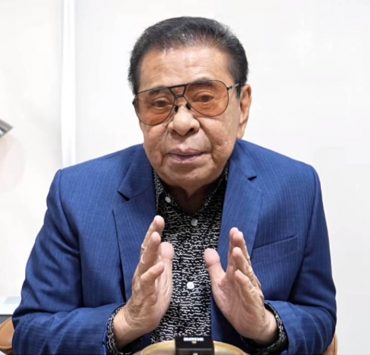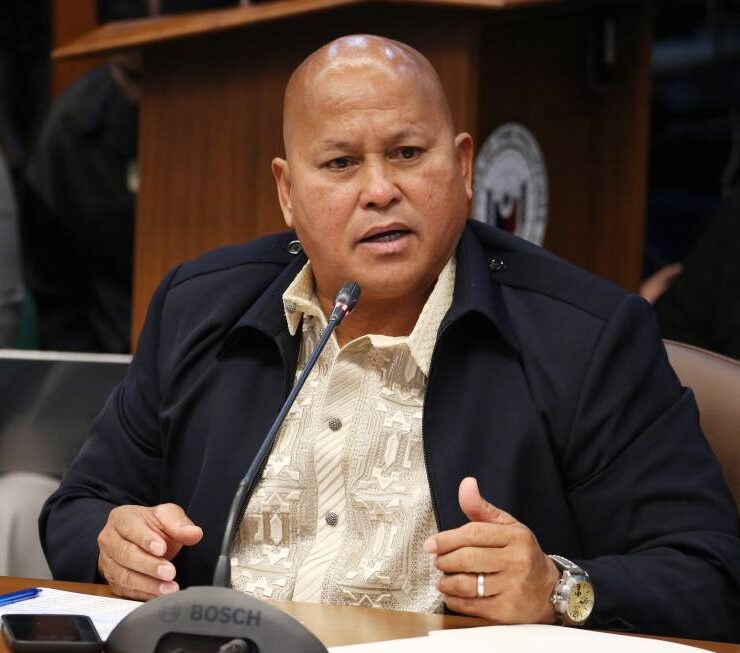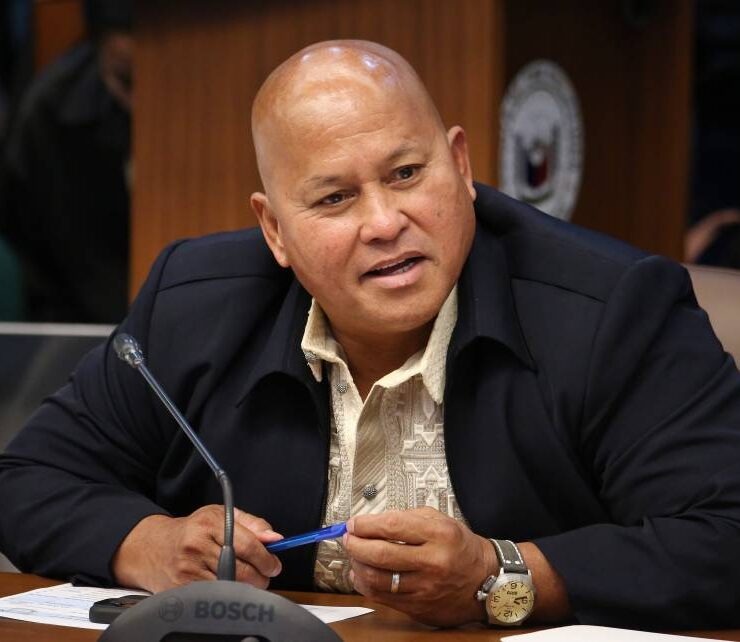Dynasties dominate COC filing, but there are ‘game changers’

Political analysts said they had expected the weeklong filing of certificates of candidacies (COCs) for the midterm polls to be dominated by “dynastic” personalities.
“But there are some challengers that may potentially be game changers, and that’s a statement in itself — that some people are pushing back,” Jean Franco, a political science professor at University of the Philippines in Diliman, said in a phone interview.
To “equalize the playing field,” Franco stressed, civil society groups and the Commission on Elections itself should provide support for the few underdogs, as they stand up to prominent personalities backed by political machinery and resources.
“It’s really an uphill climb for them, especially these elections, since it’s very tight. A lot of popular names are running and a lot of previous senators are running, meaning, name recall is already there,” she said.
Another challenge for newbies, progressive groups and the opposition is “linking up with people on the ground” so that their campaign and advocacies resonate with the voters, especially from the underprivileged sectors, according to UP political science professor Maria Ela Atienza.
“Many of them have clear legislation or policies they can offer for different sectors, but the challenge… is if people can understand how their policies are related to their daily lives,” Atienza told the Inquirer.
“They may stand against corruption and call for accountability… but lessons of 2022 polls show that people are concerned only about [daily survival], whether those programs, or concepts of democracy and accountability for example, can actually feed them,” she added.
Legislating dynasty ban
Atienza said there had been “successful cases” in past local elections where members of political dynasties lost to less popular candidates.
“At the local level, there are some who won over members of political dynasties because they began organizing people, and they [offered] alternatives, like creating cooperatives to teach them how to be resilient, find livelihood and income, so results are more concrete,” she said.
While the 1987 Constitution bans political dynasties, Congress should pass a law defining, limiting or prohibiting them altogether, Atienza said.
But she also noted: “How can you expect the two Houses composed of majority who are members of political dynasties to file and support a law that will, in a way, eradicate them?”
There are currently three anti-political dynasty bills in the 19th Congress. The first, which is also the most recent measure sought, was introduced by Sen. Robin Padilla as Senate Bill (SB) No. 2730, or the Anti-Political Dynasty Law. It was filed in July 2024.
According to Padilla, his motivation for filing the bill is the belief that it’s now time “to break the barriers that prevent the best and the brightest from serving the Filipino people.”
The second bill, SB 548, or the Anti-Political Dynasty Act of 2016, was introduced by Sen. Grace Poe in July 2022.
At the House, Kabataan party list Rep. Raoul Manuel had filed House Bill No. 1157 seeking to prohibit the establishment of political dynasties. The bill has been pending with the committee on suffrage and electoral reforms since Aug. 1, 2022.
A total of four anti-political dynasty bills were introduced during the 18th Congress from 2019 to 2022: SB 1480, also from Poe; SB 264, introduced by former Sen. Francis “Kiko” Pangilinan; SB 30, introduced by former Sen. Panfilo Lacson; and SB 11, introduced by former Sen. Franklin Drilon. All four bills were left pending at the committee level.
‘Real choices’
One way to start regulating political dynasties is at the local level. “So if you have people from local governments who are not members of political dynasties, that expands the choices of people,” Atienza said.
“Because it’s part of democracy when people are free to exercise their right to vote and they have real choices—not just one, or because there’s someone popular—and there are alternatives,” she added. WITH INQUIRER RESEARCH





















